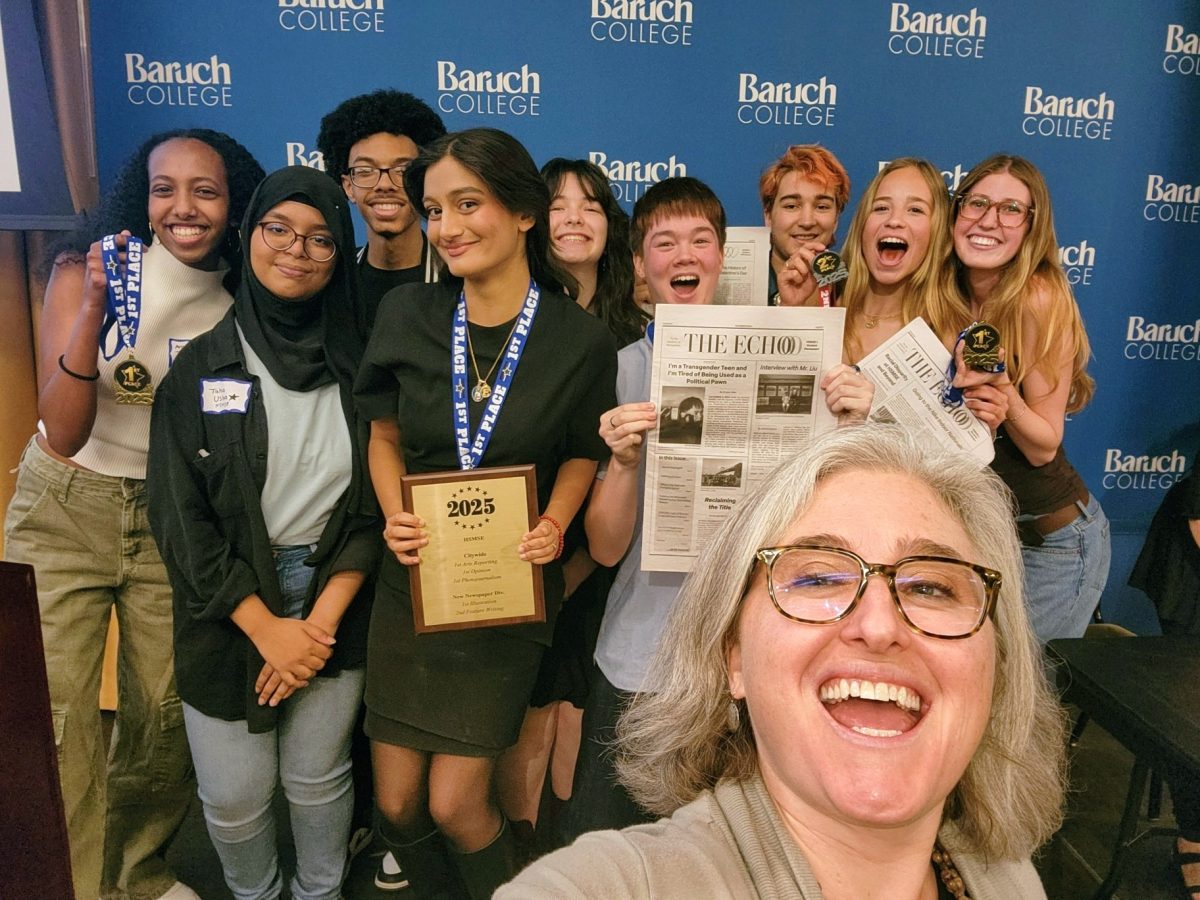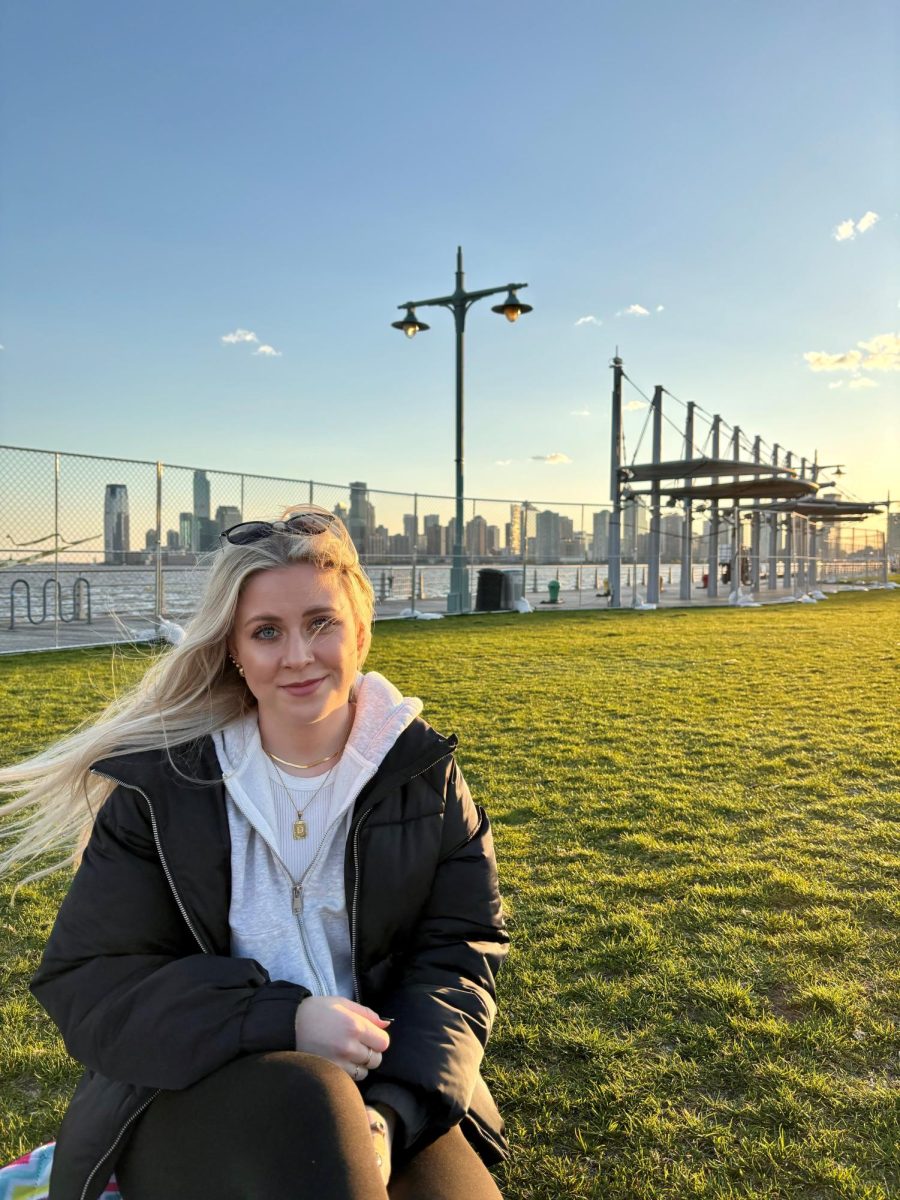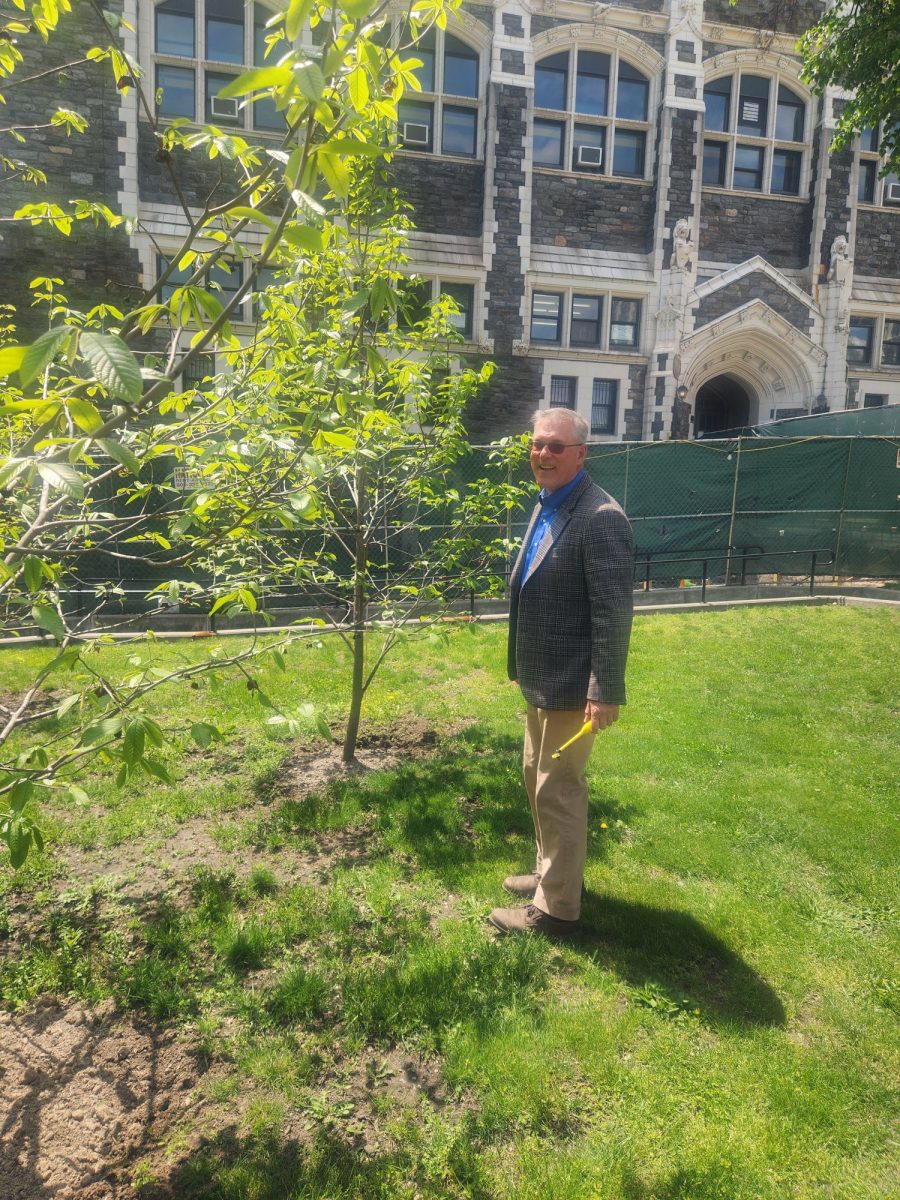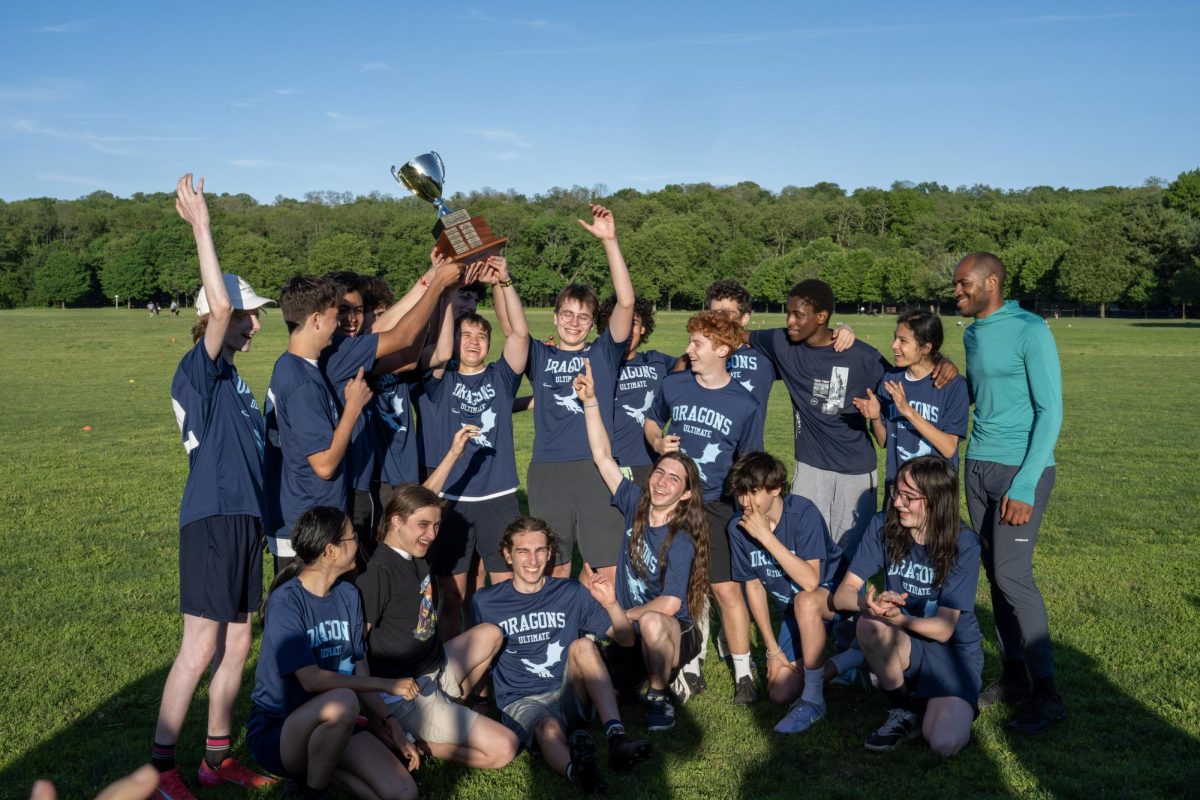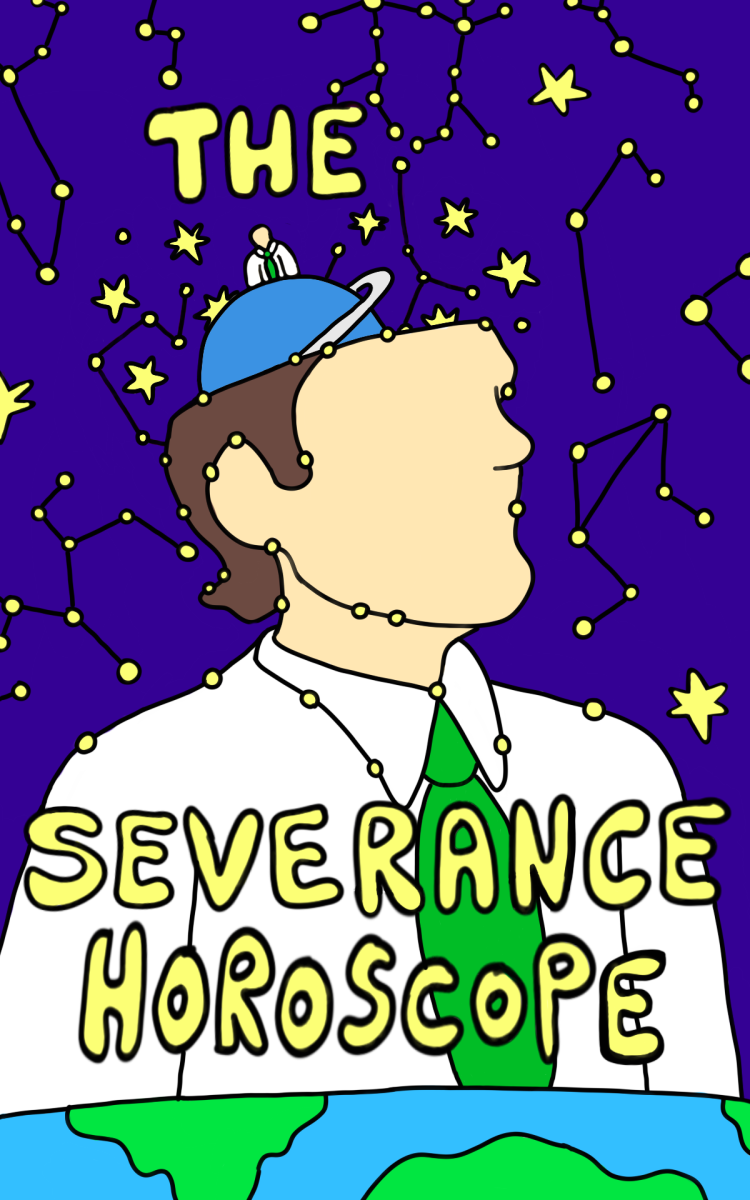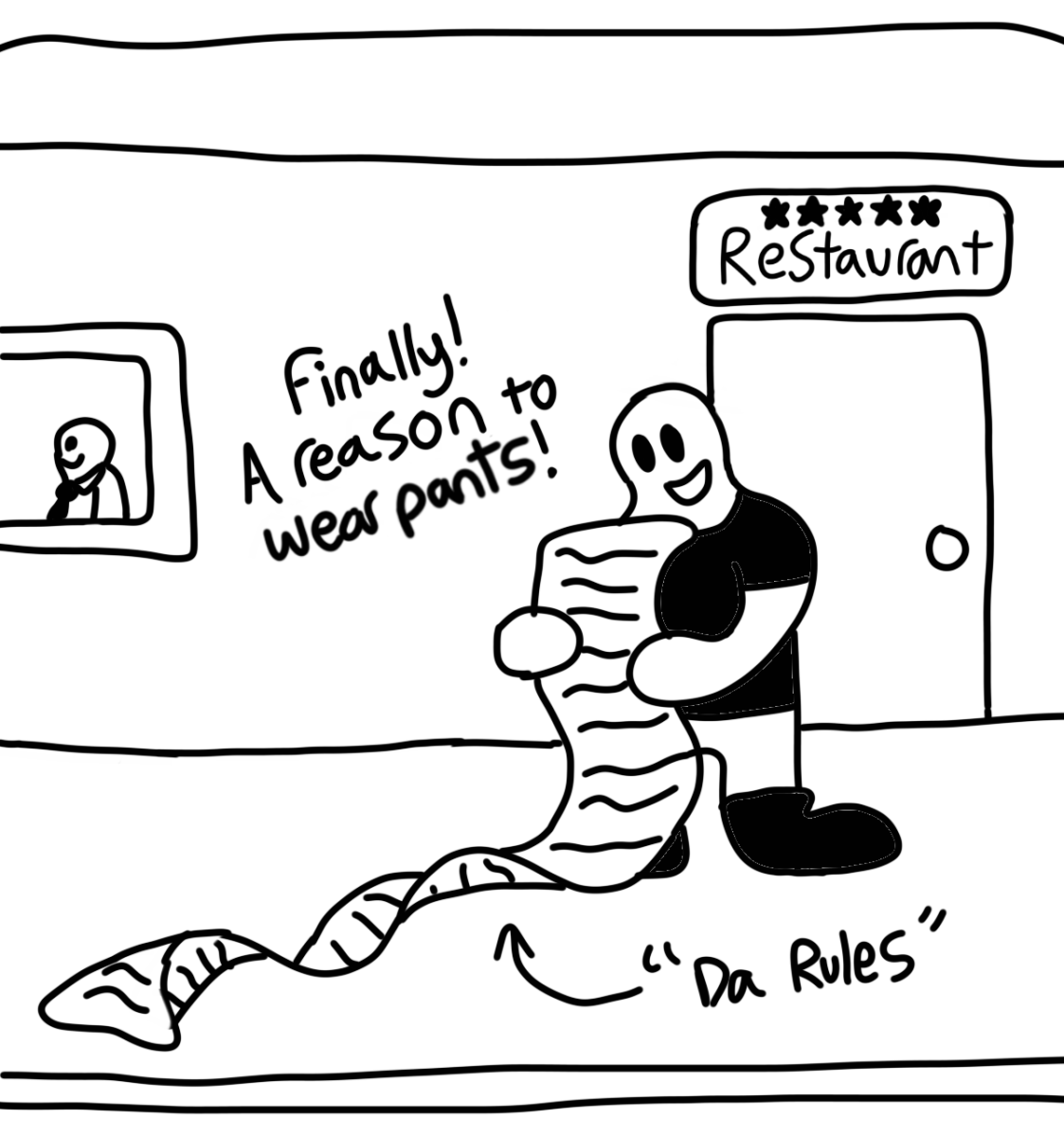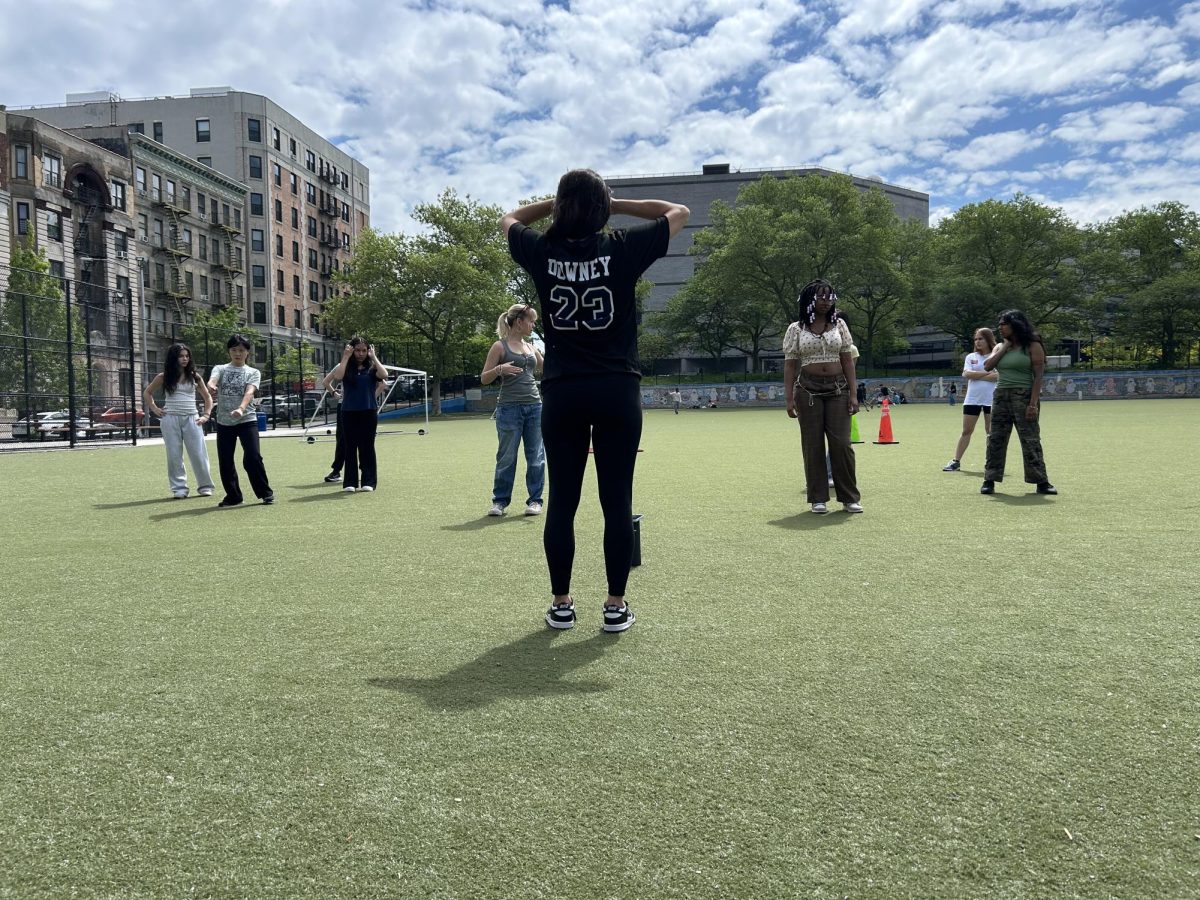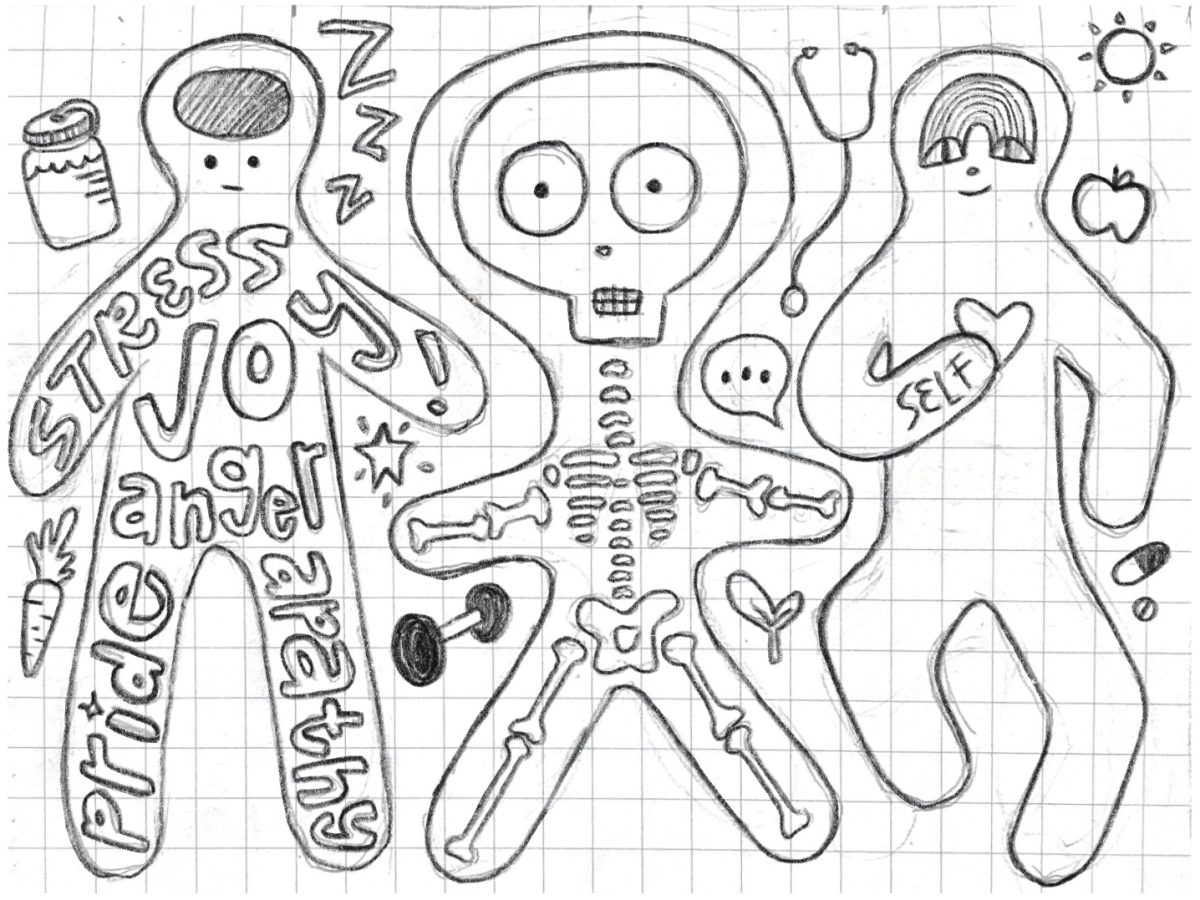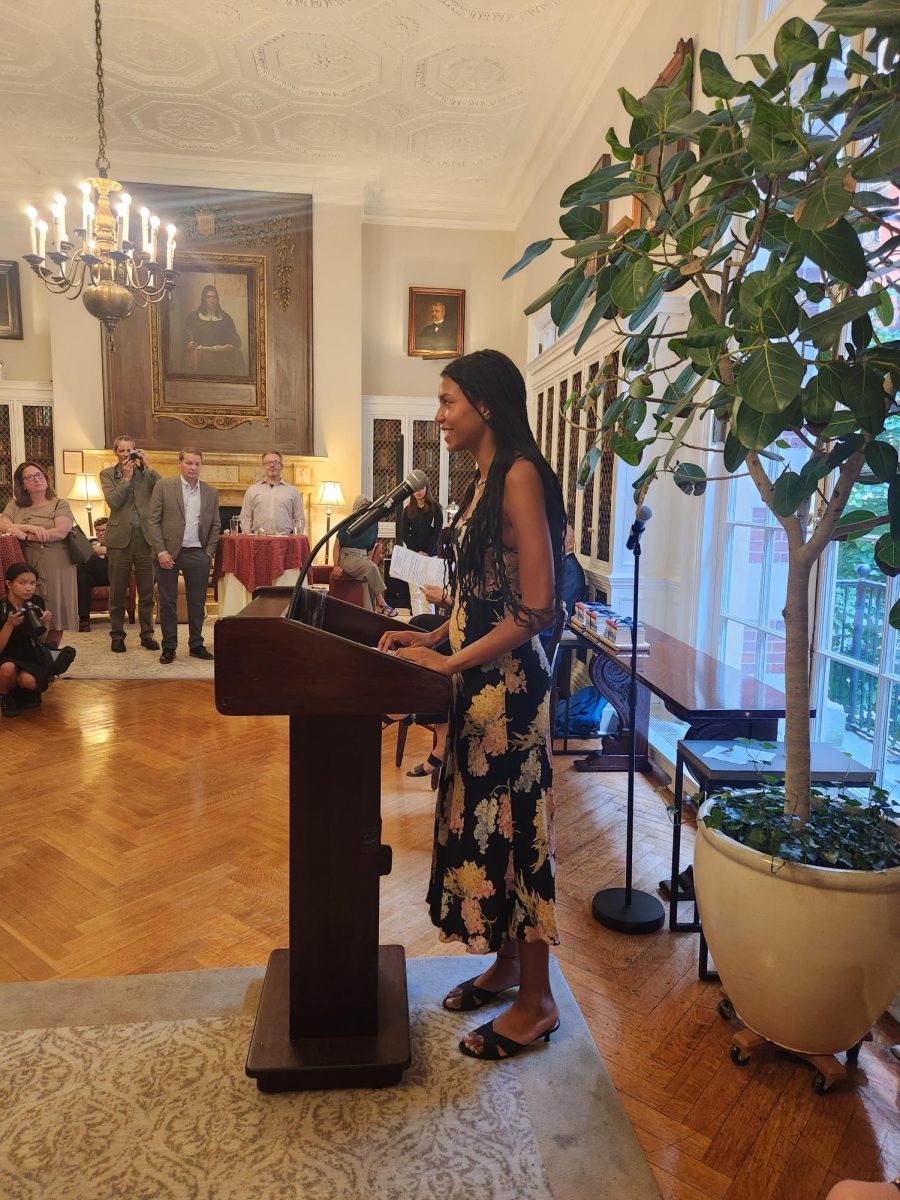The Harvard Young Readers Prize is an award that recognizes sophomores in New York public high schools for their love of reading. The prize “is intended to encourage the kind of self-reflection, empathy, curiosity and broad-mindedness that reading for its own sake fosters.” The young readers prize promotes the importance of literature in shaping young minds and encourages a lifelong passion for reading. There are three prize winners, coincidentally all young women this year, including MSE’s very own Etta Raikes. Each wrote a 500 word essay reflecting on this quote from Franz Kafka (a familiar name for all HSMSE sophomores): “Many a book is like a key to unknown chambers within the castle of one’s own self.” The goal was to articulate how this quote relates to their life, personal experiences, and relationship with reading and literature.
This was Etta Raikes’ submission:
Paper Keys by Etta Raikes
For a time, I loved reading so much that I would not write.
Teachers could not understand why I read so well, yet wrote so poorly. How could a second grader read chapter books, yet be unable to write a few sentences? The reality was I didn’t want to. The things I wrote didn’t look anything like the things I loved to read. Absorbing the beautiful words someone else had written was such an enjoyable, simple thing, something I could not fail at. We lived next to the Harlem Library, and it was easy to feed my habit: I would devour books, reading one a week, maybe more. An only child, I had no siblings to play with on family vacations, no one to talk to during nights I couldn’t sleep. Books became my siblings, something to rely on when struggling at school or home; with friends or with loneliness. Experiencing the winter snow felt like my first after reading Atinuke’s Anna Hibiscus, about a girl like me who had roots in a snowless country and a snow filled one. Central Park’s trees became a different entity entirely once I read Blyton’s Faraway Tree and I dreamed of vanishing into a mysterious world through the leaves.
Eventually, I had to write, but I still found relief in books. When I was 10, I went to school in Mexico, and again, books comforted me. Everyone but me spoke Spanish, and my books were written in a language that I understood, talking about things I could connect to. I would search for similarities between me and protagonists, exploring those hidden chambers, attempting to forge connections between their experiences and mine. Somehow I could never find a book that matched me exactly, a character who thought just how I did, who lived just how I did. After searching for myself in hundreds of stories, I realized I was never going to find myself in a book because no one else could live my life, in a book or out. I found bits and pieces of me reflected, but there was only one person who would really, truly know my secret chambers and it was me.
After this epiphany, I began to write in earnest, and write my own stories. I stopped seeking validation of my experiences in literature and reading became a chance to discover experiences dissimilar to mine. As I grew physically, I grew mentally, expanding my vocabulary and mind with the perspectives gained. Each recommendation from family, teachers and classmates allowed pieces of them to be exposed through leafy pages. I saw into my parents’ hearts through books. My mother had loved The Namesake and reading it calmed a difficult period for us when I bonded with her through the pages, recognizing the shared experience of growing independent from our parents.
And thus, I began to read not only to find keys to chambers within myself, but also to those within others, revealing the more tender, guarded aspects of my community.








